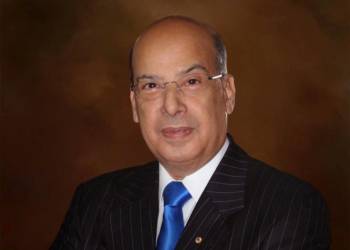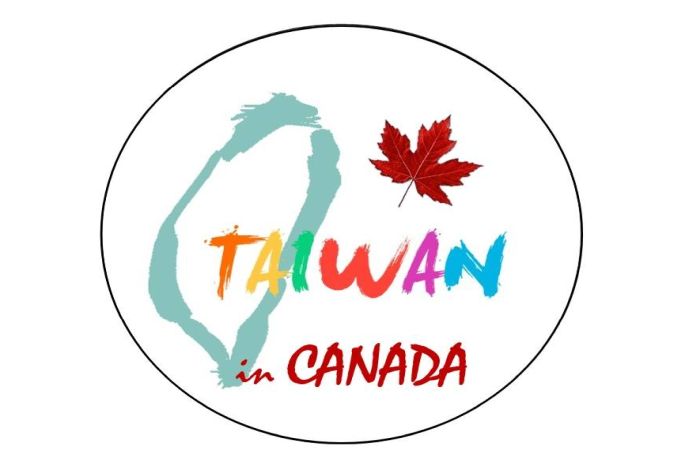By Sir Ronald Sanders
Haiti is in turmoil again. This time the countries of the Caribbean Community (CARICOM) cannot be criticised for inaction, but questions must be asked about others in the hemispheric community who have been silent about the political and humanitarian situation in the country.
For instance, apart from an unusually vague statement issued by Luis Almagro, the secretary-general of the Organization of American States (OAS) on October 15, the Organization which has been active in other countries has been conspicuously silent.
Over the last few months, there have been continuous protests in Haiti by large groups of people expressing dissatisfaction over the governance of the country. President Jovenel Moïse has been unable to establish a stable government. Persons whom he has named to the posts of prime minister, and other ministers have been roundly rejected by the Senate whose approval of their appointments is necessary.
In July this year, at the regular meeting of the conference of heads of government, CARICOM heads discussed their concern about mounting protests in Haiti. President Moïse made his usual cameo appearance at the conference, turning up for the formal opening ceremony and departing before the business of the meeting took place. This time he left foreign minister Bocchit Edmond with the responsibility to explain the situation in Haiti.
When the heads expressed a desire to send a three-man prime ministerial team “to inform the Community of the situation in that country”, the Haitian foreign minister attempted to dissuade them, contending, incorrectly, that the OAS had already sent a team to Haiti and, since CARICOM countries are members of the OAS; CARICOM had no need to send a team of its own.
Of course, the truth is that no authorised OAS team has been sent to Haiti since 2015. The team to which foreign minister Edmond referred was a self-appointed visit by the US Ambassador to the OAS, Carlos Trujillo, as the outgoing chairman of the OAS permanent council. He announced to a working group at the OAS, on a subject that had nothing to do with Haiti, that he was accepting an invitation from Edmond to visit Haiti. To date, no official invitation has ever been seen by the permanent council of the OAS and that council – the only body with the power to do so has never authorised ambassador Trujillo’s visit.
In any event, CARICOM heads were insistent that a visit should be made and the CARICOM secretary-general was instructed to write to president Moïse, indicating their wish to send a prime ministerial team to explore steps that could be taken, including mediation, to help resolve the political impasse and the civil disturbances. To date, Moïse has not responded, even though Haiti is a member state of CARICOM with binding obligations to the Organization.
This led the current chair of CARICOM heads of government, prime minister Allen Chastanet of Saint Lucia to communicate to a Jamaica newspaper on October 15, that CARICOM is deeply concerned over the protracted political crisis in Haiti and is awaiting the country’s imprimatur for a good offices prime ministerial delegation to visit.
To be clear, CARICOM countries, acting as a group, adhere to a strict policy of non-interference and non-intervention in the internal affairs of states, as set out in the Charters of the United Nations and the OAS.
Therefore, CARICOM heads were careful to seek the agreement of president Moïse to accept a visit by three of his colleagues. Their objective was to serve the best interests of Haiti including by engaging members of the Senate, political parties, non-governmental organizations, and the private sector. In the absence of any response by president Moise to their request to visit Haiti, CARICOM heads clearly must assume that they would be unwelcome. This has implications for Haiti’s membership in the Community, and, in time, that should be a matter for review by CARICOM governments.
In the meantime, the situation in Haiti worsens. On October 16, four members resigned from a seven-member commission president Moïse had appointed earlier this month to “lead discussions” to find a “concerted solution to the crisis”.
Significantly, the four who announced their resignations were: former prime minister Evans Paul (2015-2016); Josué Pierre-Louis, general coordinator of the human resource management office attached to the prime minister’s office; Liné Sainphor Balthazar, president of the ruling Parti Haïtien Tèt Kale (PHTK); and former defence minister Jean Rodolphe Joazile (2012-2014). This demonstrates deep schisms in the governing party and the government itself.
As the reason for their resignations, the four-pointed to declarations, made by Moïse at a press conference, on October 15, which appeared to contradict claims by Paul that, as part of the discussions, Moïse’s continuing as president would be on the table for discussion. But, Moïse told the media that resigning would be “irresponsible”. Remarkably, he also blamed the constitution and parliament for the current crisis.
The resignations effectively end the commission. No means of dialogue now exists between the president and opposition groups that want him to resign as a precondition for talks. In the meantime, 30 people have been killed during five weeks of protests, and there is no sign of turbulence easing.
On the same day that Moïse announced that his resignation is not an option, the UN Mission for Justice Support in Haiti (Minujusth) left the country. There is now no peacekeeping presence in Haiti. A smaller, non-peacekeeping force, the UN Integrated Office in Haiti (BINUH), is now in place, but how effective it can be is left to be seen. It is operating in an atmosphere in which the opposition forces do not trust the role of powerful countries that have intervened in the country for their purposes in the past, including installing governments they favour.
What is certain is that CARICOM countries cannot and should not abandon the people of Haiti. CARICOM, therefore, should continue its efforts to get a team into Haiti to talk with all parties – government, opposition, and the private sector.








Dear Ambassador Sanders,
Here again you are right on the dot concerning Haiti about this somber and accurate picture about this island that was dubbed Pearl of the Antilles two hundred years ago. You must add schools have been closed since September, government buildings and institutions locked for the past two months, continuous mass demonstration almost daily against the government and repudiation by all the sectors against president Jovenel Moise who claimed; he has the support of the American government for his support to the Venezuela regime, as such, he will not bulge one step in spite of the mayhem in the country.
The chair of CARICOM my good friend, prime minister Allan Chastanet must undertake to leave the hypocrite Westphalia culture of non-interference to hear the cries of the mothers and of the ordinary citizen of Haiti to put an end to this painful drama. By all indications, Haiti and its citizens are now ripe to undertake the national effort necessary to recover its independence and becoming a nation hospitable to all its citizens regaining as such; its title of Pearl of the Islands.
[url=https://augmentin.cyou/]where to purchase amoxicillin[/url]